The search for a compass that allows us to find our way on the map of a new frontier between order and disorder has turned out to be even more difficult than expected. The failure of globalisation, at least in the forms in which we have become accustomed to understanding it, was analysed in detail in the last edition of the Trento Festival of Economics, held from 2 to 5 June. Now we will need to take the next step. The war in Ukraine, the first conflict in Europe since World War II, has left its mark and the wounds will not be easy to heal. And the winds of war are blowing all over the world. In particular, the real sword of Damocles, that which should arouse the greatest concern, is the case of Taiwan, which China considers to be an integral part of the People’s Republic.
In these scenarios, which can easily become tragic, the pendulum of power is swinging between the West and the East. A West abundant in contradictions and that is seeking out new values after the waning of ideologies, from sustainability to the circular economy to gender equality. And an East which seeks to dominate based on the force of autocracies, which appear to be much more solid than quarrelsome and all too often impotent democracies, but quite resemble giants with feet of clay, undermined at their foundation by unknowns of sleeping populations, which history has taught can be transformed into popular movements by disruptive forces. The need is to lift our gaze beyond current events to provide everyday decisions with a perspective that moves beyond daily emergencies.
It is time to imagine a better future, a necessary prerequisite for knowing how to build it. The first step is to increase our awareness of decisions that are actually already being made, but without the necessary thoughtfulness, simply swept along by the course of events. Like a river rushing downstream for more than 30 years, after the fall of the Berlin Wall and the spread of the internet beyond the confines of the military industry, where it was created in the now distant past in 1969, at the initiative of the United States Department of Defence. But it is easy to predict even more disruptive changes which, moreover, are already under way. Even if, concealed by the day-to-day, we don’t realise that they are there, or we are only partially aware of them.
On the contrary, we are facing a future in which all of our lives will be radically different. For example, it is an illusion to think that with the defeat of Covid-19, which has not even been completely overcome, we can close the chapter on pandemics. This is not what will happen. And it is a good idea to try not to be caught unprepared again. Moreover, all of medicine is at the heart of a revolution in which artificial intelligence and robotics, in this case nanorobotics, are taking on a leading role. These are the same factors that will set new paradigms for industry, services and the organisation of our surroundings, starting from cities.
The future of the future, taken from the title of the 2023 edition of the Festival of Economics, will need to take on the challenges of a new world: climate change and the energy transition first and foremost. But also the need to bring national public debt back under control, combat inflation and avoid a recession. The size of the revolutions awaiting us surpasses the limits of our imagination, and even of the earth. Indeed, one of the most fascinating chapters is the space economy, with a return to the moon and private entrepreneurs playing a leading role alongside national governments. Surely, in order to succeed it will be necessary to rediscover a system of values swept away by consumerism and by nationalism in their most senseless forms. With the capacity to place sustainability, the circular economy and gender equality at centre stage.
With humanity and peace back in focus. Possibly quickly, before war and violence become an ordinary tool for resolving conflicts. The situation is not reassuring: poverty and inequality are on the rise, the world is facing a mountain of debt and the demographic winter is weakening the majority of countries, in the West and the East. On the contrary, new players are bursting onto the scene, and they are about to do so increasingly more. Starting from Africa, a young continent growing at a dizzying pace, while the living conditions of the majority of Africans are in free fall. It is clear that this results in explosive contradictions. It is a good idea to perform a thorough analysis, ask questions and attempt to find adequate answers before it is too late. It is especially necessary to avoid seeing ourselves as the centre of the universe.
We owe it to our children and grandchildren to make the effort to think and analyse to make reality the consequence of knowledgeable decisions, not the result of chance, arrogance, disinterest or distraction. And this is also true for the children that our children and grandchildren have not yet had. The commitment is to build a 2023 edition of the Festival of Economics that provides an opportunity to reflect and analyse, to build the best future possible by meeting the challenges of a new world.




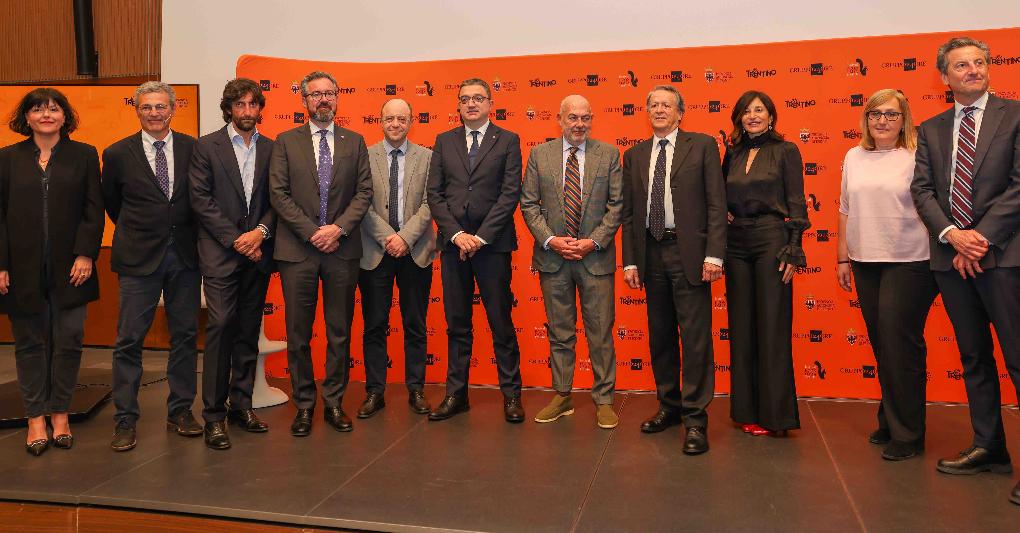
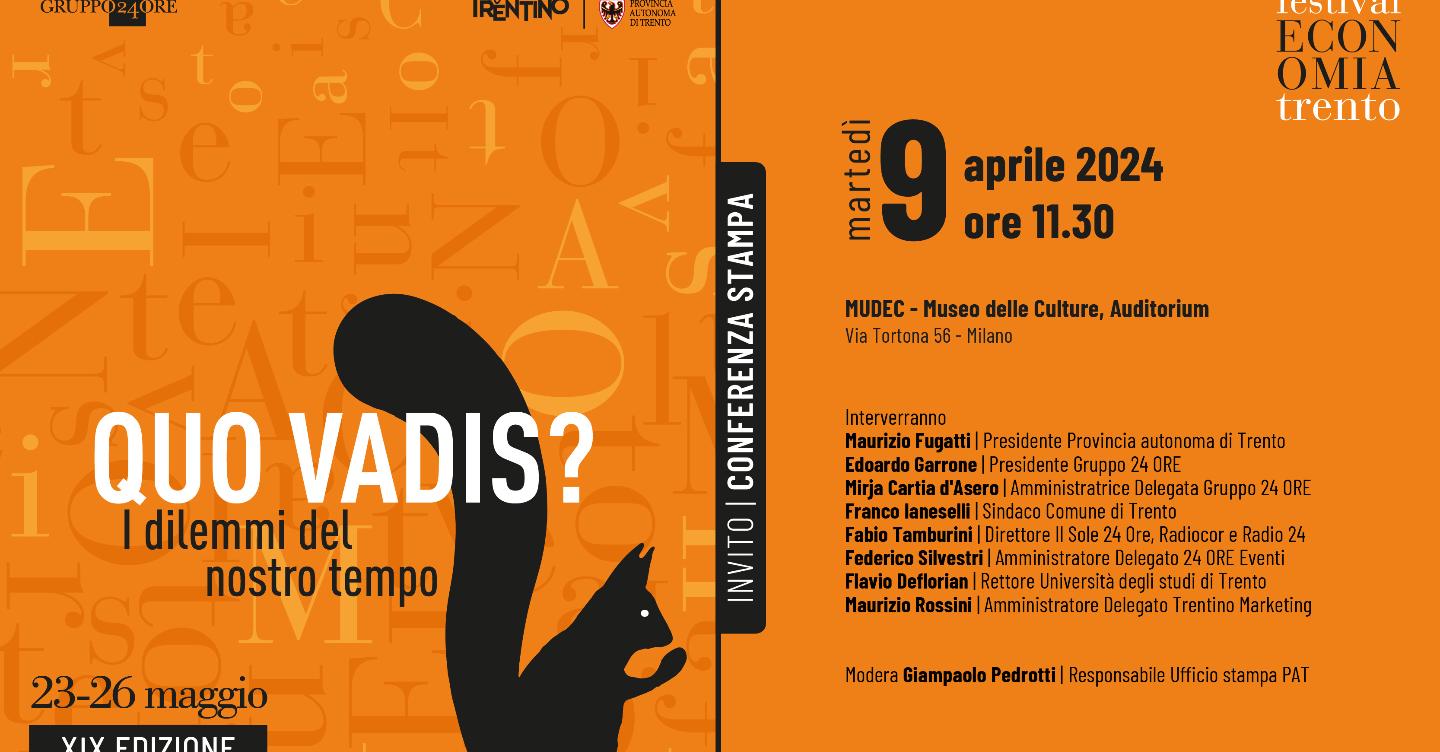
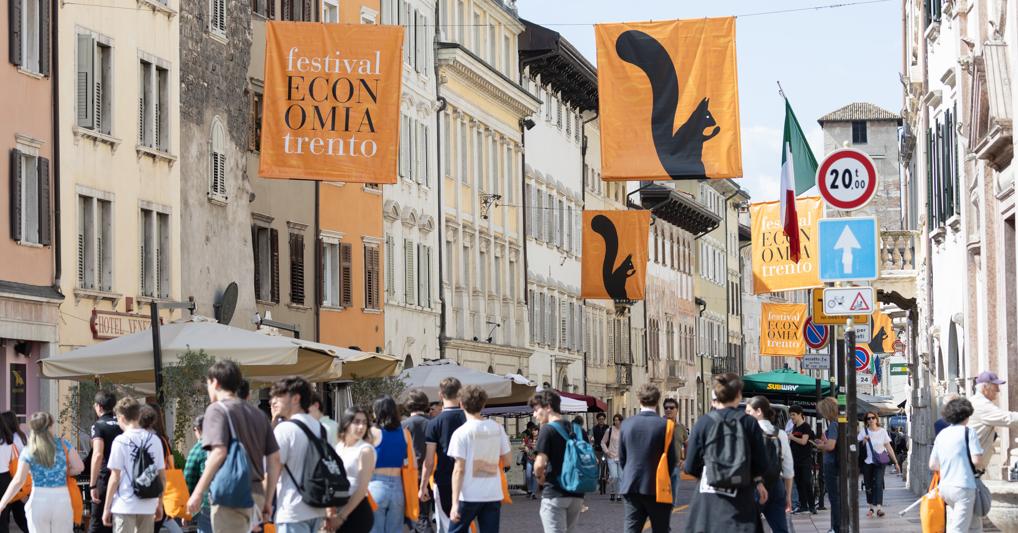
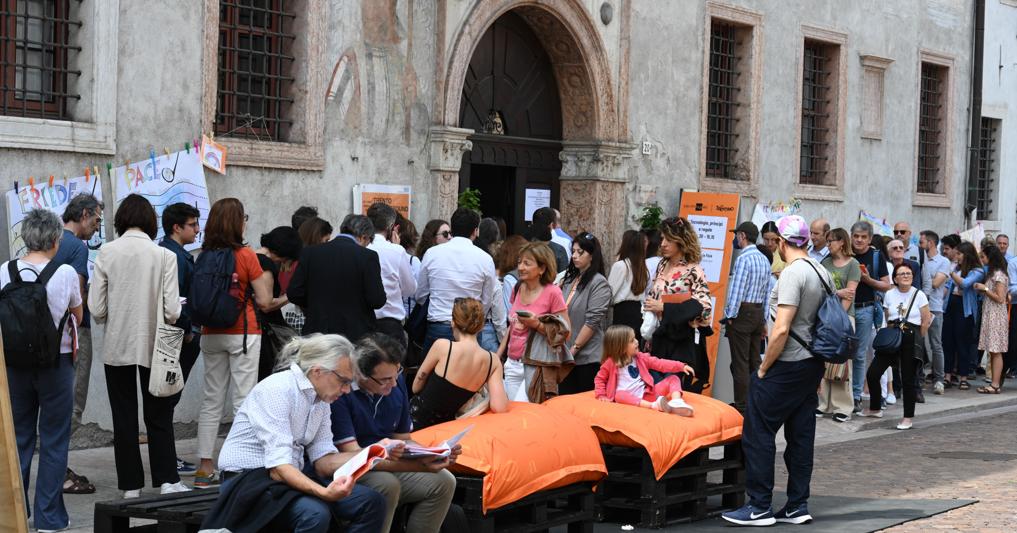


















































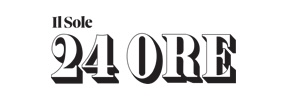



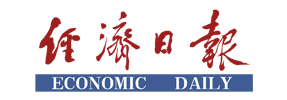


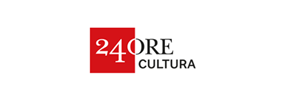
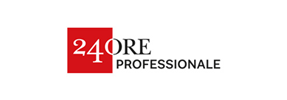







 Trentino Marketing S.r.l.
Trentino Marketing S.r.l.